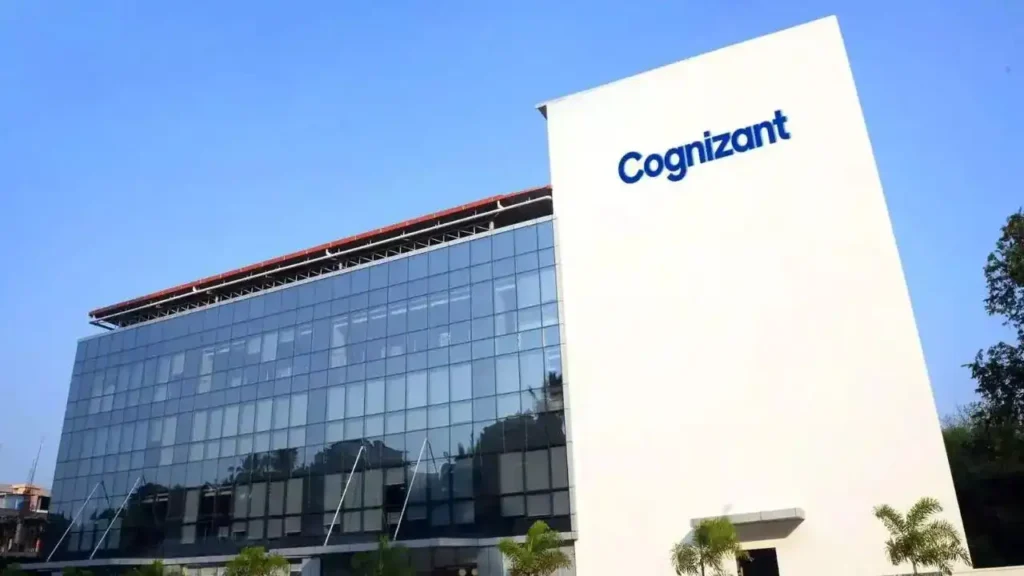Cognizant’s Bold Move: Deploying 1,000 Context Engineers for Agentic AI
In a strategic leap towards the future of artificial intelligence, Cognizant has announced a significant initiative to industrialize ‘agentic AI’ by deploying 1,000 context engineers. This move is set to redefine how enterprises integrate AI, marking a pivotal moment in the evolution of context engineering.
The Role of Context Engineers
Context engineering is emerging as a crucial discipline, enabling AI agents to reason, act, and adapt in alignment with enterprise goals. Cognizant’s decision to focus on this area highlights the importance of context in the AI landscape. By training 1,000 context engineers, Cognizant aims to transform organizational workflows into actionable insights for AI agents.
Partnership with Workfabric AI
Cognizant’s collaboration with Workfabric AI is central to this initiative. Workfabric AI’s ContextFabric platform plays a vital role in converting an organization’s DNA—its workflows, data, rules, and processes—into a format that AI can utilize effectively. This partnership is poised to help enterprises move beyond mere experimentation to scalable AI adoption.
The Shift in Technology and Services
Ravi Kumar S, CEO of Cognizant, explained the significance of this shift: “In the microprocessor era, the lever was code. In the cloud era, it was workload migration. Now, in the LLM era, the lever is context.” This perspective underscores how each technological evolution demands a corresponding change in service delivery.

Cognizant’s Commitment to AI
Under Kumar’s leadership, Cognizant has pledged $1 billion to accelerate enterprise AI. This commitment is not just financial but also educational. Kumar recently spearheaded the world’s largest vibe coding event, enhancing AI literacy among Cognizant employees. The event set a Guinness World Record with over 53,000 participants, producing more than 30,000 prototype projects.
The Future of AI in Enterprises
Cognizant’s initiative raises important questions about the future of AI in enterprises. How will context engineering reshape business operations? What opportunities will arise as AI becomes more integrated into organizational processes?
Insights and Implications
The deployment of context engineers is not just a technical advancement but a strategic move that reflects Cognizant’s deep expertise in engineering and operations. By leveraging Workfabric AI’s platform, Cognizant is positioning itself as a leader in the AI space, ready to meet the growing demands of the AI economy.
Industry Comparisons
Other companies are also exploring similar paths. For example, IBM’s Watson AI has been used to enhance decision-making processes in healthcare and finance. These efforts illustrate a broader trend of integrating AI into core business functions, emphasizing the importance of context and adaptability.
Conclusion
Cognizant’s investment in agentic AI and context engineering is a testament to its vision for the future. As enterprises continue to explore AI’s potential, the focus on context will likely become a defining factor in successful AI integration. This initiative not only positions Cognizant at the forefront of AI innovation but also sets a precedent for how businesses can harness technology to drive growth and efficiency.
For more information on Cognizant’s initiatives, visit Cognizant’s website.
Enjoyed this article? Visit TechScoopIndia for similar articles.



















